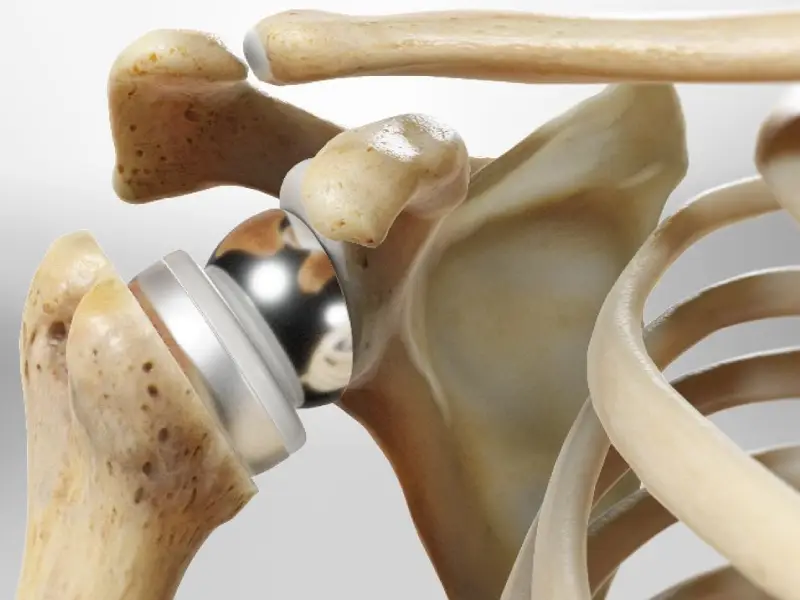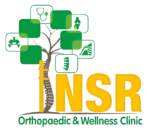Types of Shoulder Replacement
Total Shoulder Replacement: The damaged ball and socket of the shoulder joint are replaced with prosthetic components.
Reverse Shoulder Replacement: The normal ball-and-socket structure is reversed, typically used for patients with a damaged rotator cuff.
Partial Shoulder Replacement: Only the ball (humeral head) is replaced, preserving the natural socket.
Shoulder Replacement Procedure
1. Preoperative Evaluation:
A comprehensive evaluation, including imaging studies, is conducted to assess the extent of shoulder damage.
Dr. S. Manivannan will discuss the surgical options and the most suitable implant for your condition.
2. Surgical Process:
The damaged parts of the shoulder are replaced with artificial components. The procedure is performed under general anesthesia and takes a few hours.
Depending on the type of replacement, the approach may vary, with some surgeries focusing on preserving as much natural bone as possible.
3. Recovery and Rehabilitation:
Rehabilitation begins soon after surgery, focusing on restoring shoulder movement and strength.
A personalized physical therapy plan is crucial for a successful recovery.



